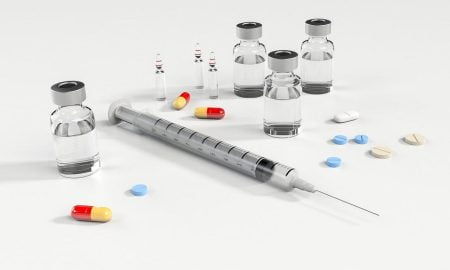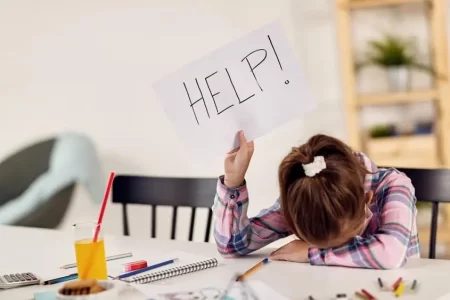ADHD in Adults
- Updated on: Jul 2, 2024
- 3 min Read
- Published on Sep 19, 2019

Attention deficit hyperactivity disorder (ADHD) is one of the most common mental health disorders that affect children. People suffering from ADHD may also have trouble sitting still for long periods and focusing their attention on a single task. It is more common in boys as compared to girls. It can be discovered during the early school years.
ADHD in Adults
Attention deficit hyperactivity disorder was earlier considered to be a childhood disease. However, people who were never diagnosed as kids can develop more obvious symptoms in adulthood. Adults with ADHD can focus on tasks they find stimulating, interesting or engaging but have difficulty staying focused on boring, unproductive tasks. They easily get distracted by different types of sights and sounds, bounce from one activity to another, and get bored quickly in performing them.
They have chaotic lifestyles that are associated with psychiatric comorbidities which usually rely on alcohol and drugs. Adults with ADHD commonly complain about the difficulty in relationships with people due to impulsiveness, hyperactivity, and also have difficulty in paying attention to them. If ADHD is not properly treated and identified, affected individuals may face serious consequences like depression, failure in jobs, accidental injuries, school failure, delinquency, etc.
Behavior of Adults with ADHD
Adults with ADHD are more likely to:
- Smoke cigarettes
- Use alcohol or drugs more often
- Have less money
- Have psychological problems like depression or anxiety
- Be involved in crashes or accidents
Causes of Adult ADHD
Adult ADHD may be caused by interactions between genes and environmental or non-genetic factors. Like many other illnesses, several factors may contribute to ADHD such as:
- Genes
- Brain injury or infection during childhood
- Stress due to family conflicts or any other reason
- Any kind of trauma
- Lack of oxygen or exposure to alcohol before birth
- Exposure to environmental toxins such as high levels of lead, at a very young age
- Premature birth
- Difficult experiences or situations i
n early childhood
Signs and Symptoms of Adult ADHD
- Lack of attention
- Restlessness and anxiety
- Lack of focus or hyperfocus
- Difficulty in planning
- Forgetfulness
- Poor time management
- Impulsive in nature
- Emotional problems
- Rejection sensitivity
- Issues in time management
- Low frustration tolerance
- Disorganization
- Social failures and relationship problems
- Executive dysfunction
- Problems in completing tasks
- Poor self-image
Diagnosis
Diagnosis of ADHD in an adult involves:
- Psychological tests
- Physical check-up which involves blood tests or brain scans etc.
- Computer-based tests that measure attention and problem-solving skills
- Questions related to childhood
- Interview with a parent or close friend to understand behavior changes
- Review of documents like old school report cards
Managing Your ADHD Symptoms
While there is no way to prevent ADHD completely, but one can reduce the risk by following certain measures.
Stimulant Therapies
Stimulants are first-line pharmacologic agents for adult ADHD with a long history and moderate to large effect. They improve both behavioral and cognitive aspects of the disorder in the majority of patients.
Cognitive and Behavioral Therapy
This type of therapy teaches specific skills in managing behavior and also helps in changing negative thinking into positive ones. It also helps in building self-esteem.
Psychological Counseling
It involves proper education about the disorder and learning skills.
Stress Management and Relaxation Training
It involves different types of meditations and exercises which help in reducing anxiety and stress.
Take Medications Regularly
Taking medications regularly and exactly as prescribed is helpful in managing the condition.
Lifestyle Modifications
It includes eating healthy, doing regular exercises, taking plenty of sleep, and proper time management.












